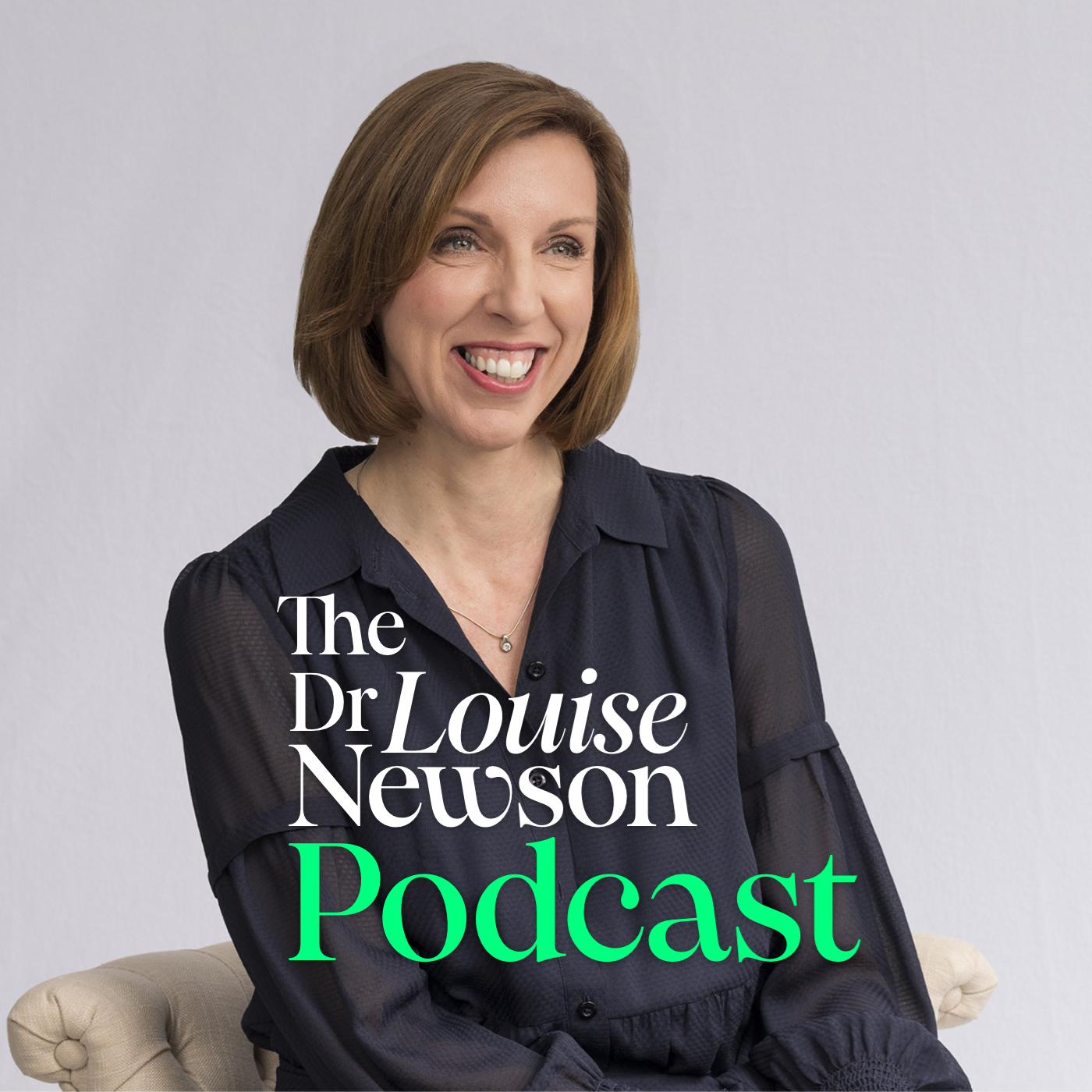
8.5M
Downloads
311
Episodes
Dr Louise Newson is an award-winning physician, respected women’s hormone specialist, educator, and author committed to increasing awareness and knowledge of perimenopause, menopause, and lifelong hormone health. Each week, Louise dives into the newest research, treatments and hot topic issues, providing accessible, evidence-based information to empower your future health. Joined by fellow experts and special guests, with answers to your burning questions, Louise explores how hormones impact every aspect of our lives. Described as the “medic who kickstarted the menopause revolution”, Louise aims to empower a generation of women to have a greater understanding, choice and control over their treatment, bodies, minds and future health through their hormones. She is the creator of the award-winning free balance app, a Sunday Times bestselling author and the founder of the Newson Health clinic. With over three decades of clinical experience, Louise is a member of the Royal College of Physicians, a Fellow of the Royal College of GPs, a Visiting Fellow at Cambridge, a regular contributor to academic journals including the Lancet and the British Journal of General Practice, and has been awarded an honorary Doctorate of Health from Bradford University. DISCLAIMER: The information provided in this podcast is for informational purposes only and is not intended as a substitute for professional medical advice, diagnosis, or treatment. Always seek the advice of your physician or other qualified health providers with any questions you may have regarding a medical condition. The views expressed by guests are their own and do not necessarily reflect the views of Dr Louise Newson or the Newson Health Group.
Episodes

Tuesday Nov 22, 2022
179 - Advancing menopause care after breast cancer with Dr Sarah Glynne
Tuesday Nov 22, 2022
Tuesday Nov 22, 2022
GP and menopause specialist, Dr Sarah Glynne, joins Dr Louise Newson on the podcast this week to discuss menopause care after breast cancer. The experts share more about the breast cancer steering group established as part of the Newson Health Menopause Society that is working towards producing a consensus statement to support clinicians and improve the quality of life for menopausal women who have had breast cancer.
Dr Sarah Glynne discusses the importance of individualising the risk-benefit ratio for every woman when making decisions around treating the cancer and weighing this up with treating menopausal symptoms. Sarah emphasises the importance of talking through the implications of each of these considerations using a shared decision making process.
Sarah’s three tips for women after breast cancer:
- Understand the risks and benefits of the drugs used to treat your breast cancer and what this means for you personally. Ask your oncologist for more information about your own breast cancer, if you are not sure. You can then use the PREDICT tool online for understanding more about your own cancer risks and what additional benefits any treatments may offer.
- Read about non-hormonal options to help your menopause symptoms and cancer recovery such as diet, yoga, or acupuncture. Try various approaches to find the ones that may bring some benefit to you. Vaginal moisturisers and lubricants may also help and these do not contain hormones, and there are other medications your GP may be able to prescribe for some of your symptoms such as hot flushes.
- If your menopause symptoms are severe and your quality of life is suffering, ask your clinician to explain the risks for you regarding your cancer prognosis if you decide to take HRT, versus the risks to your quality of life and long-term health if you choose not to take HRT. If you have genitourinary symptoms of soreness and dryness, vaginal hormones are very safe for improving these symptoms. Read information on the balance website and the book ‘Oestrogen Matters’ by Avrum Bluming, and make a choice that is right for you through discussion with your clinician using a shared decision making process.

No comments yet. Be the first to say something!